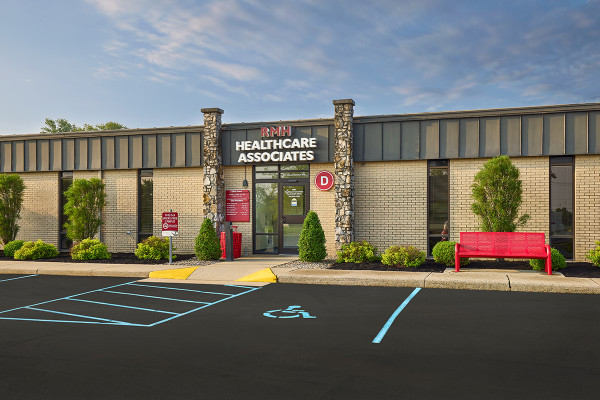Gut Health Mysteries Revealed

If you’ve ever been told to eat yogurt after taking antibiotics, you’ve probably heard about gut health. Your gut is made up of all of the parts of your body that help process food, from where it goes in, to where it comes out.
While most of your body parts just do what they do, your gut does it with the help of millions of bacteria, fungi and viruses. Your gut and the microorganisms that live there are called your “microbiome”.
There are about 200 types of microorganisms in your microbiome. No two people have the exact same set of types and numbers of bacteria, so every microbiome is different. This makes the role of gut bacteria hard to research and, until recently, easy to ignore. Fortunately, scientists are beginning to understand what makes one microbiome healthy and another one unhealthy.
Not all bacteria in the gut are good. Some are harmful. When a gut is healthy, there are many more good bacteria than bad. When the gut is not healthy, bad bacteria begin to outnumber the good.
How do you tell if your gut is healthy?
Since the main role of the gut is digestion, many unhealthy gut symptoms are related to eating and excretion. These symptoms can include:
- Gas
- Bloating
- Diahrrea
- Nausea
- Constipation
- Heartburn
- Acid Refux
- Abdominal Pain
Sometimes symptoms occur after eating a particular food. This is called “food intolerance”. A “food intolerance” is not a food allergy, as it is not caused by the immune system. The best way to identify food intolerance is to eat a very limited diet (called an elimination diet) while gradually adding new foods, one at a time. When a new food results in symptoms, this is probably the food that is causing the intolerance.
It is tempting to think that the best way to get good bacteria in the gut is to simply eat them. People do, in fact, eat foods called “probiotics” that contain good bacteria. Probiotics include yogurt with a live culture, sauerkraut, kefir and kimchi.
Putting a food into the gut does not, however, guarantee that it will be able to live and reproduce there. This is why some people concerned with gut health also eat foods known as “prebiotics”. “Prebiotics” are foods that are thought to encourage the growth of good bacteria. These include foods high in fiber, such as beans, nuts and fruit, as well as foods that contain collagen, such as bone broth. Foods that help your body make its own collagen are also prebiotics. These include, among other things, meat, eggs and broccoli.
One way to take care of your gut is to avoid foods that encourage bad bacteria and discourage good bacteria. Sugar, processed foods and foods high in fat are all considered to be harmful to the gut.
Poor gut health affects much more than digestion. It can contribute to inflammation, headaches, fatigue, autoimmune diseases such as rheumatoid arthritis and much more.

